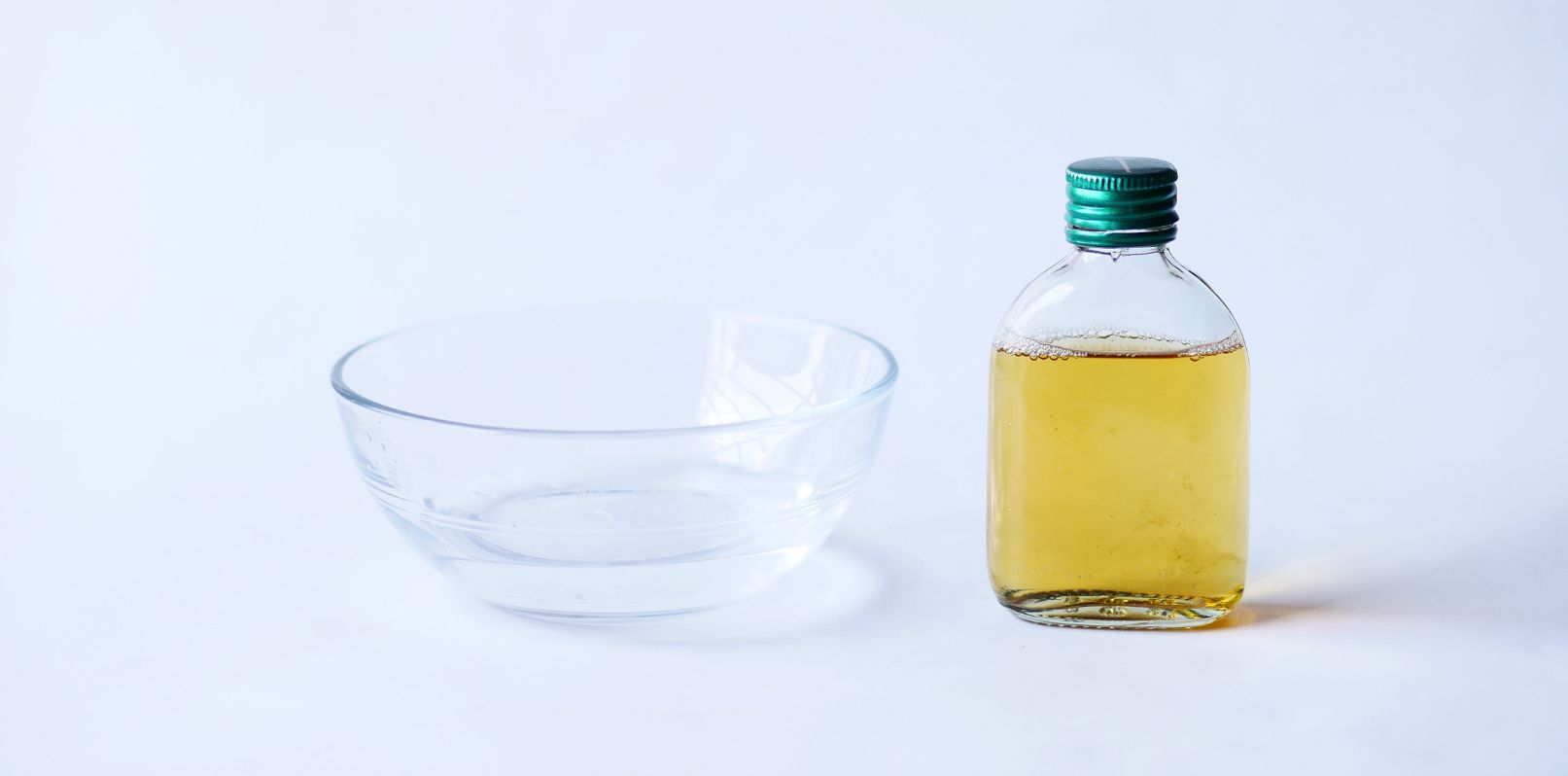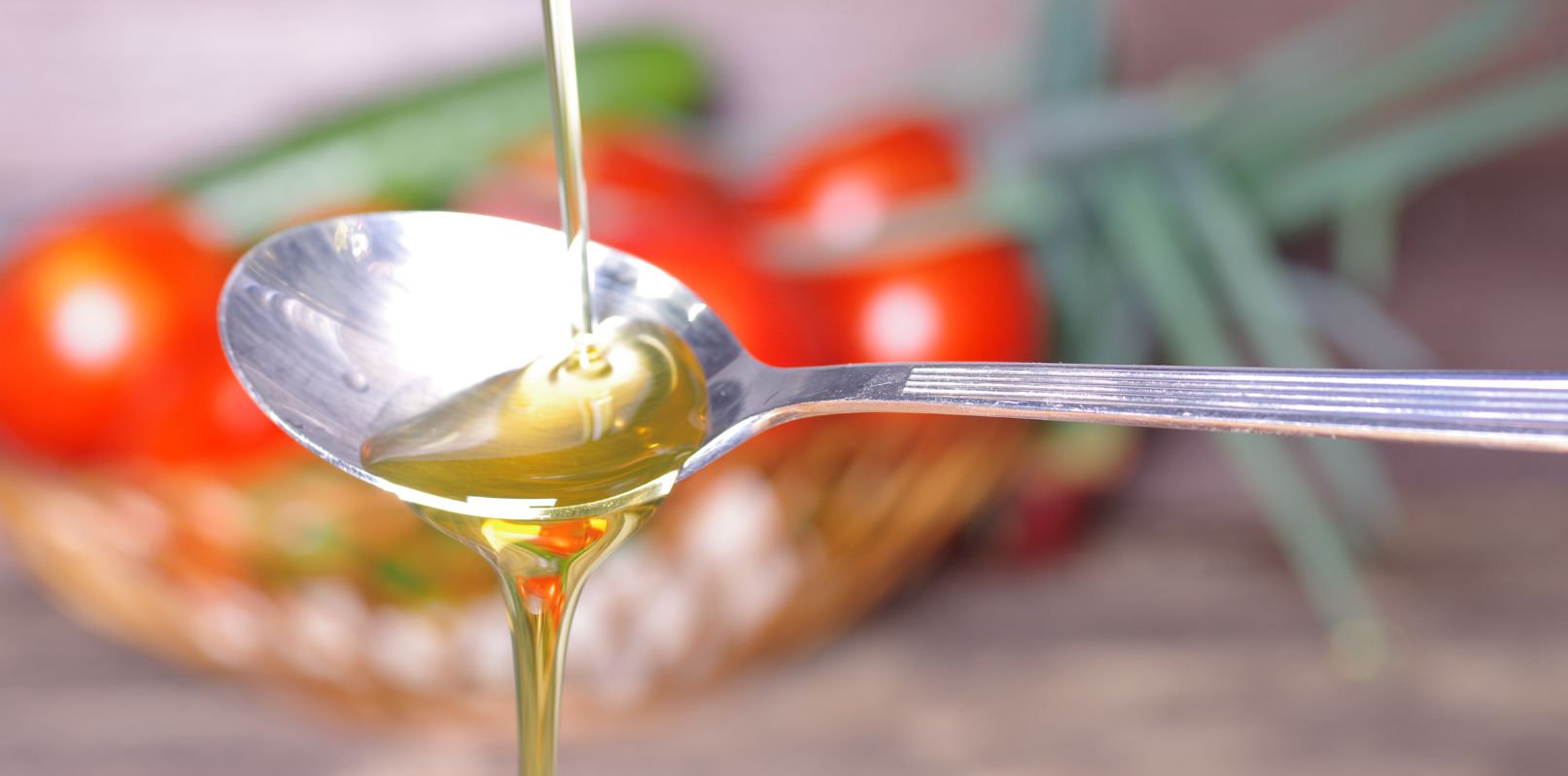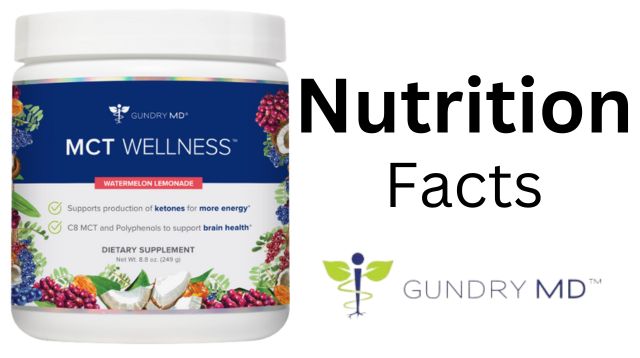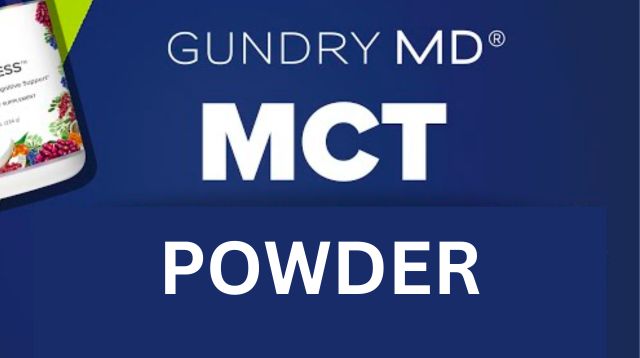What is MCT Oil Used for? [Potential Benefits, Uses + How to Take it]

What Is MCT Oil?

MCT oil is short for medium-chain triglyceride oil. It’s enjoyed a lot of buzz in recent years and has become a popular supplement.
Here are some fast facts about MCT oil:
- MCT oil is a saturated fatty acid that’s primarily extracted from coconut oil.
- MCT oil doesn’t act like a traditional “unhealthy” saturated fat, because medium-chain saturated fats behave differently in the body compared to long-chain saturated fats.1
- MCT oil is more concentrated than coconut oil. It contains 100% MCTs compared to around 50% in coconut oil.2
- It contains only the most potent MCTs from coconut oil – caprylic acid (C8) and capric acid (C10), or just C8.3
- It's easily digestible thanks to its smaller molecules, and unlike long-chain fatty acids (found in olive oil or salmon), it turns into energy swiftly once in your bloodstream.4
- You can also buy MCT oil as a powder, which is often seen as a more convenient form of MCT oil.
What Are The Potential Health Benefits Of MCT Oil?
So, now you know where MCT oil comes from. What potential health benefits does it offer? Let’s take a look.
1. MCT Oil May Help Support Healthy Blood Sugar Levels
One of the possible benefits of MCT oil is that it may help support blood sugar levels already in the normal range. This could have a real impact for some people.5
One small study examined how those who consumed MCT oil daily saw reductions in body weight, waist circumference, and blood sugar levels. This was compared to those taking oils long-chain triglycerides, or LCTs.6
2. MCT Oil May Help Support Brain Function And Mental Clarity
MCT oil has shown some pretty interesting potential benefits for brain function.
For one, MCT oil stimulates the production of ketones, which are highly efficient energy sources for the brain. Ketones have shown an ability to help support brain health in people of all ages.7,8
Plus, and this is where it gets even more interesting, MCT oil has shown potential neuroprotective properties, which could help encourage overall brain health.9
Also, because MCTs can be converted into ketones, they may also provide more efficient energy to the brain, potentially helping to support focus, concentration, and clarity.10
3. MCT Oil May Help Support Weight Loss Goals
MCT oil could be an effective tool in weight management for several reasons.
- Clinical studies suggest that consuming MCTs can lead to greater energy expenditure than the consumption of LCTs. This may be helpful in terms of weight management.11
- Because MCTs travel so quickly into the bloodstream, they may be less frequently stored as fat compared with other oils.12
- When MCT oil is consumed, it has shown a high burn rate in the body. This may help boost the number of calories burned after meals.13
- MCTs can enhance ketone production, and ketones burn fats. They’re usually formed when there’s not enough sugar or glucose for the body’s fuel needs.14, 15
- MCTs have specific metabolic properties which have led researchers to describe them as “ketogenic” even without carbohydrate restriction. This effect has predominantly been shown by the MCT caprylic acid (C8).16
- Increased ketone production may also make some people feel less hungry.17
Different Uses Of MCT Oil

1. As A Supplement
So, how do you use MCT oil as a basic supplement? Well, it’s pretty simple:
- Simply stir it into a glass of water, nut milk, tea, etc.
You should use MCT oil or MCT oil powder to help complement a varied and balanced diet.
2. Upgrade Your Coffee
Why limit yourself to a black coffee? Let's kick it up a notch. Adding MCT oil or MCT powder not only injects a potential dollop of energy, it may also help you feel fuller. This makes it a fantastic addition to your morning.
- Start with your regular black coffee; put it in your blender.
- Pour in 1-2 teaspoons of MCT oil or the recommended amount of MCT oil powder.
- Blend for 20-30 seconds until your drink is nice and creamy with a frothy top.
- Savor your upgraded coffee!
But wait, there’s more: To enhance the potential health benefits of your latte, consider adding a tablespoon of grass-fed French or Italian butter, goat butter, or ghee. You might also like to add a natural sweetener, like stevia.
Why stop at coffee?
3. Blend It In Smoothies And Protein Shakes
MCT oil can also be a game-changer for your smoothies and protein shakes:
- Start small, adding just a teaspoon of MCT oil to your regular shake or smoothie recipe.
- Then, gradually increase to a tablespoon or two, based on the recommended maximum daily amount on the label of your MCT product.
4. Other MCT Oil Recipes
Preparing food with MCT oil can add a nutritious edge to your meals.
However, you should note that MCT oil has a low smoke point, similar to flaxseed oil. So, it doesn’t respond well to high heat (like pan-frying or stir-frying). That doesn’t mean that cooking with MCT oil is completely out, but you shouldn’t expose it to temperatures above 302F, or you could destroy all those wonderful MCTs.18
Consider using MCT oil:
- As part of a salad dressing or vinaigrette
- For low to medium-heat cooking
- Drizzled over cooked meats
- In soups, broths, and curries
- In desserts
It's all about getting creative!
Choosing An MCT Oil Or MCT Oil Powder
Step 1: Seek Out A High-Quality Product
- Look for a product derived from coconut oil rather than palm oil.
- Look at the oil’s purity. Does it contain a mix of the most potent MCTs, C8 and C10, or even pure C8 on its own? These are all great options.
- Purchase from brands that are transparent about their ingredients.
- Consider what form is most helpful to you: MCT oil comes as an oil or a powder. MCT powder may be more convenient for travel, or if you don’t like oily textures.
- If you like a bit of taste to your supplements, especially if you prefer to add it to water, seek out a naturally flavored MCT oil powder.
Step 2: Follow The instructions
- MCT oil should be taken as directed, and you should not exceed the maximum daily dose.
- You can always take less than the daily recommended amount while your body adjusts to the MCT oil.
- Don’t add MCT oil or MCT powder to multiple meals and drinks throughout the day. Mix it up – but do so across multiple days.
MCT: A Versatile Oil

As you can see, MCT oil stands out as a versatile and potentially beneficial addition to any health-conscious lifestyle.
Its unique chemical structure allows for rapid absorption by the body, and it has gained popularity for its potential to support both weight management efforts and brain health.
While MCT oil offers numerous potential advantages, it should always compliment a balanced and healthy diet. And as with any dietary supplement, you should consult with a healthcare professional before incorporating MCT oil into your diet.
Sources
- https://pubmed.ncbi.nlm.nih.gov/26727347/
- https://www.ncbi.nlm.nih.gov/pmc/articles/PMC4882694/
- https://www.ncbi.nlm.nih.gov/pmc/articles/PMC4882694/
- https://www.health.harvard.edu/blog/is-there-a-place-for-coconut-oil-in-a-healthy-diet-2019011415764
- https://pubmed.ncbi.nlm.nih.gov/1568535/
- https://pubmed.ncbi.nlm.nih.gov/17570262/
- https://alz-journals.onlinelibrary.wiley.com/doi/abs/10.1002/alz.055702
- https://pubmed.ncbi.nlm.nih.gov/33220329/
- https://www.frontiersin.org/articles/10.3389/fneur.2023.1123290/full
- https://www.ncbi.nlm.nih.gov/pmc/articles/PMC4669977/
- https://pubmed.ncbi.nlm.nih.gov/18326600/
- https://www.healthline.com/nutrition/mct-oil-101#:~:text=Since%20the%20MCT%20is%20digested,eventually%20be%20stored%20as%20fat.
- https://pubmed.ncbi.nlm.nih.gov/2021124/
- https://dtc.ucsf.edu/types-of-diabetes/type2/understanding-type-2-diabetes/how-the-body-processes-sugar/ketones/#:~:text=Ketones%20and%20ketoacids%20are%20alternative,and%20during%20dieting%20or%20fasting.
- https://www.frontiersin.org/articles/10.3389/fnut.2021.747284/full
- https://www.ncbi.nlm.nih.gov/pmc/articles/PMC7175812/
- https://www.ncbi.nlm.nih.gov/pmc/articles/PMC5813183/#:~:text=Conclusions,hunger%2C%20and%20desire%20to%20eat.
- https://med.virginia.edu/ginutrition/wp-content/uploads/sites/199/2014/06/Parrish-February-17.pdf
Related posts


